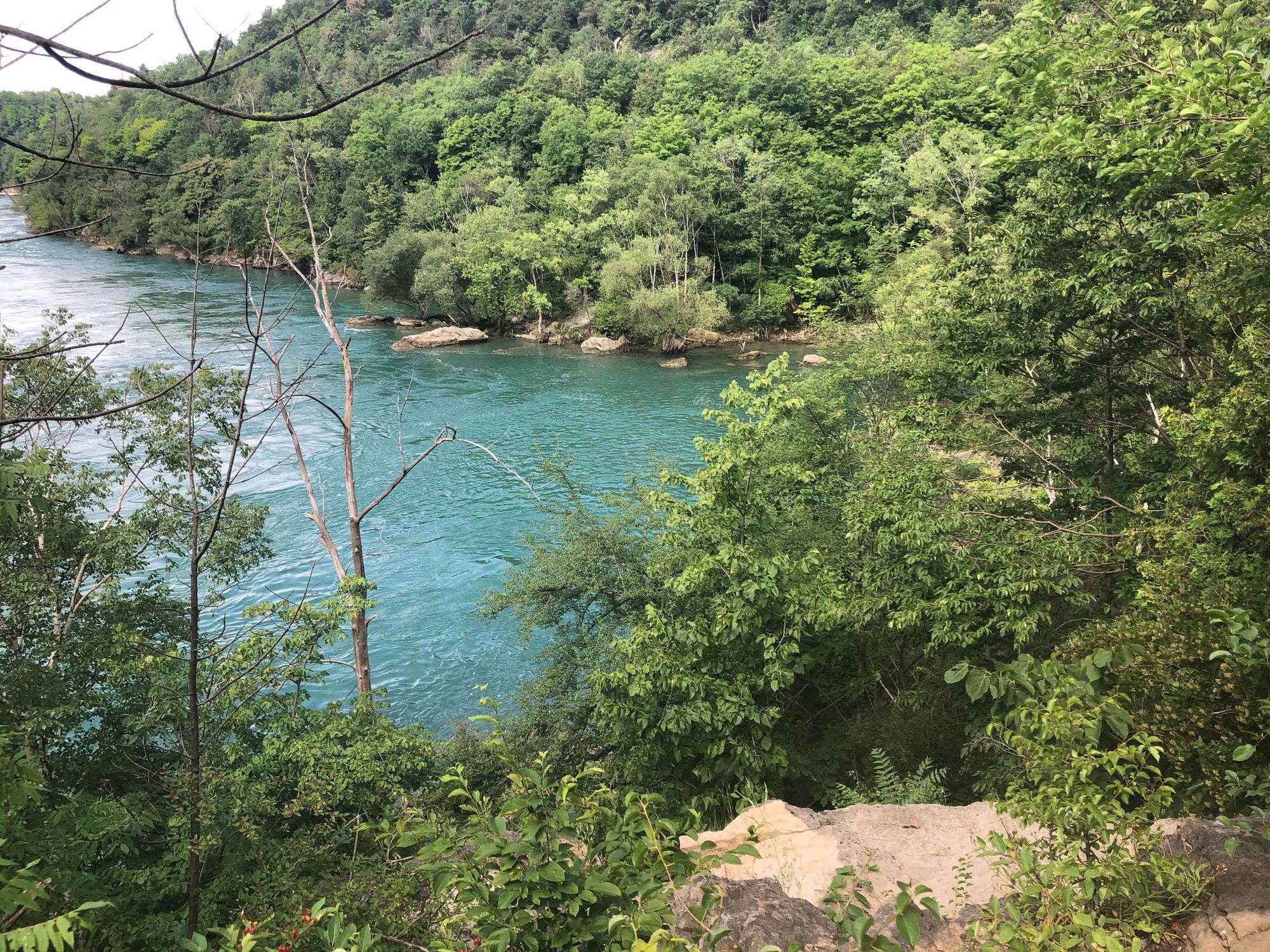Land Sparing: Ask the Next Question.

Good evening!
The other day I brought up the whole "sharing vs sparing" debate.
My first read of the situation was that there is a debate going on where smart, respected people were advocating for continuing to push down the path of conventional agriculture.
This both shocked and scared me.
In retrospect, I feel like a fool.
The part of me that feels like a fool is the one who could be conceited enough to not seriously engage on the battlefield of ideas.
I feel like humans can be really good at withdrawing into echo chambers.
We grab onto an idea we like, then we surround ourselves with "evidence" to support the beliefs.
Coming into contact with information or a belief system that contradicts your own is jarring.
I think this is maybe one of the reasons the internet can be so devisive. Everyone is flying their flag and bumping into people who think different things. On the internet, a disagreeable conversation is always a couple clicks away.
I'm not sure what I'm even trying to say here.
I've got a fragment of an observation, but I'm not sure what the whole "thing" is yet.
I'm writing about it right now to scratch my own itch. I'm trying to figure out what this fragment of an insight might amount to with some more excavation.
Let's take it from the top.
We seem to need narrative to process information.
As in, 100% of the information we process comes within a story.
We are subjective in our experience of the world. We are not objective. I have no idea what you saw today. I have no idea what experiences you have had. They are real. They are your reality. They are not my reality.
Reality does have patterns and rules that are always (usually) followed.
As we collect experiences both as individuals and as a community, we are able to abstract those experiences out to form a better understanding of these governing patterns.
As our understanding of these patterns grows, we are able to use them to instigate better results through improved behaviour and decision making.
Science is the process of doing our best to uncover all these patterns.
Our primary tool is the question.
We observe. We ask a question. We test. We think. We observe. We ask a question.
To me, the essence of science is the process of observing and asking questions, forever.
I think we have a big problem in our cultural relationship with Science right now.
We suffer from overwhelming hubris, for one. We make a weak observation in a study, fail to account for all assumptions, and then draw wide-ranging conclusions.
We are also quick to stop the process if we get hold of any data that even remotely supports our hypothesis.
In other words, we stop asking questions.
Instead of engaging on the battle ground of ideas, our disagreements devolve into logical fallicies.
Think how common ad hominem attacks are.
An ad hominem attack is when you start attacking a person instead of the point they are making. That is standard political discourse right now.
Imagine if you built a place for online discourse that didn't allow any ad hominem attacks. That kind of rule would eliminate 90% of twitter!
No one is above this behavior. Don't be a snob. Don't think I'm talking about other people.
I'm talking about everyone. I've never met anyone that was perfectly logical.
Learning about logical fallacies is important because these things are common in our thought patterns.
We all do them. I'm sure we could dig back through things I have written and find logical fallacies. I'm sure I will publish incorrect, inlogical things in the future to.
I feel like we all should be working to engage with the process of science more completely. We should suit up for battle and cooperate to find the truth, even and especially when we disagree.
The science is never settled!
The next question must be asked.
With all this in mind, let's shift back to the whole sharing and sparing debate. I have some questions. I'll start with one for each side.
There are people who claim that "the science is clear" that sparing is better for biodiversity.
I dug into the scientific studies that are used to "prove" sparing is better for biodiversity loss. There is limited details on what was used to represent sharing, and from what I can tell the studies used "low yield" as an equivalent for sharing.
I do not think this is a very good model. If we want good data, we need to study the best regenerative systems we've developed to date. The numbers used for the sparing side were the best available for monocultures. The best available for sharing should be studied as well.
Mark Shepard says that his perennial-based farm has modeling that suggests they may eventually outperform a monoculture on a calorie per acre basis by 30%.
What are the best models for "land sharing"? Can we do better than equating biodiversity friendly farming models with poor yield?
This seems worth exploring. This seems worth studying. This seems worth supporting and seeing what happens.
We do not have good numbers for what is possible if we do perennial systems well. We need to design the best systems we can, build them, make observations, ask more questions, and make them better.
On the flip side, I think there are good questions that the regenerative side needs to seriously engage with. The main critique of the sharing side of the debate is that yields are too low to feed the world.
Can a regenerative food system supply the world with food?
Prove it.
We need results.
Across the board, we need results.
To get those results, we need to align our actions with our values.
We need to keep asking the next question.
We need to tell the truth as best we can, and be open to being wrong. We are going to be wrong a lot. Best case scenario is to realize early and adapt.
Anyway, this was an interesting post to write.
Thank you for joining me on this thought journey.
I meant to write about some of the cool silvopasture experiments we are doing.
Our experiments include building a fence out of living fence posts (trees), eliminating winter hay for our ruminants, and a continous nectar and pollen flow for honey bees from early spring to late fall.
In parts of our silvopasture, we will be experimenting with a very dense and diverse polyculture for our tree lines like Mark Shepard does on his farm.
I'll make a point of getting more details on these up over the coming week. I'm going to set up another site just for the specific stuff going on at the farm.
For now, keep asking the next question. If people have a question, engage with it. Be on the look out for logical fallacies in your own reasoning.
Thanks for reading!
Life is good.
Links:
